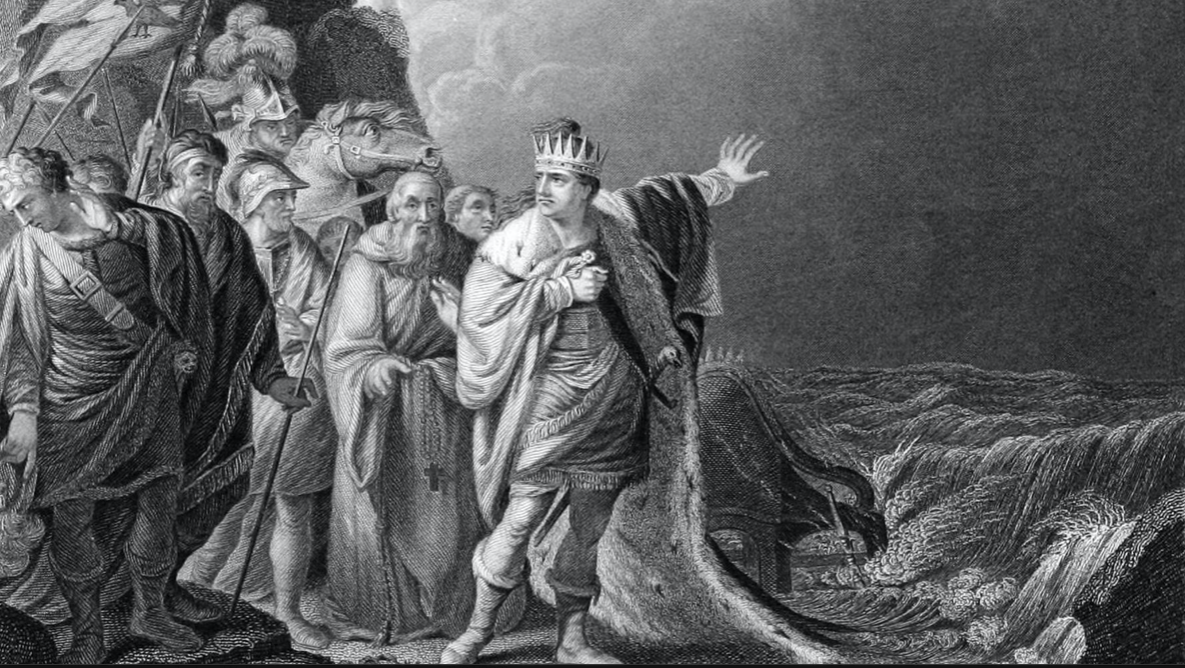Why are the Tories afraid of taxation?
/Jake Dibden (Committee Member) is a first-year History and Politics student at Trinity College.
Over the course of the last year, the government has had to increase rates of taxation which, as with any sniff of tax rises, caused outrage amongst members of the Conservative Party. For some reason, born out of nostalgia for the brutal free-market, low-tax economics of Thatcher, and the fetishisation of Reaganomics, even the youngest members of the Conservative Party see increases in taxation on personal wealth as being inherently contradictory to our position as the ‘party of aspiration’.
Read More









